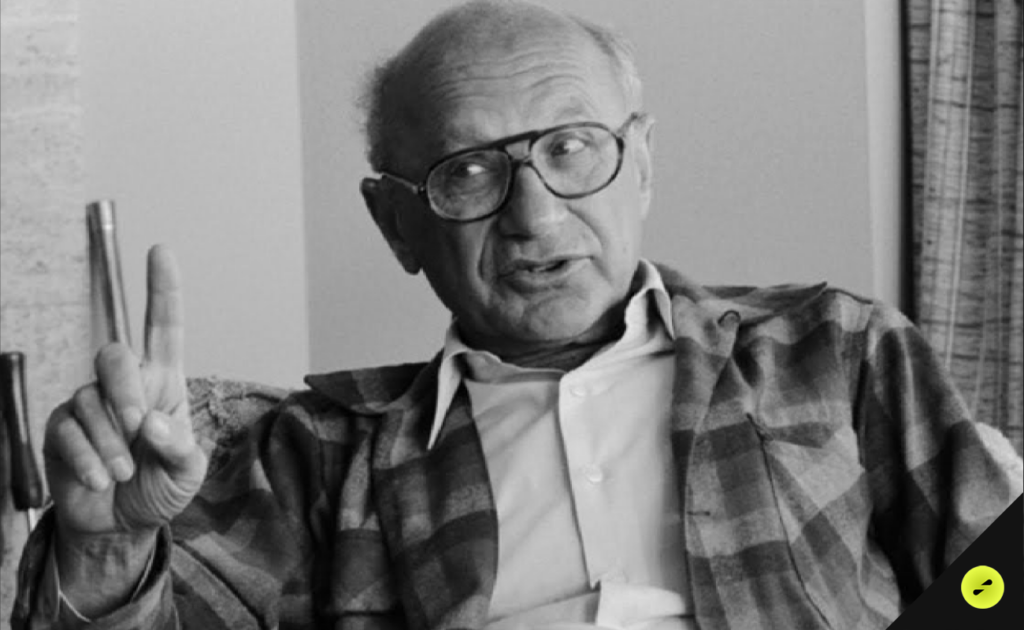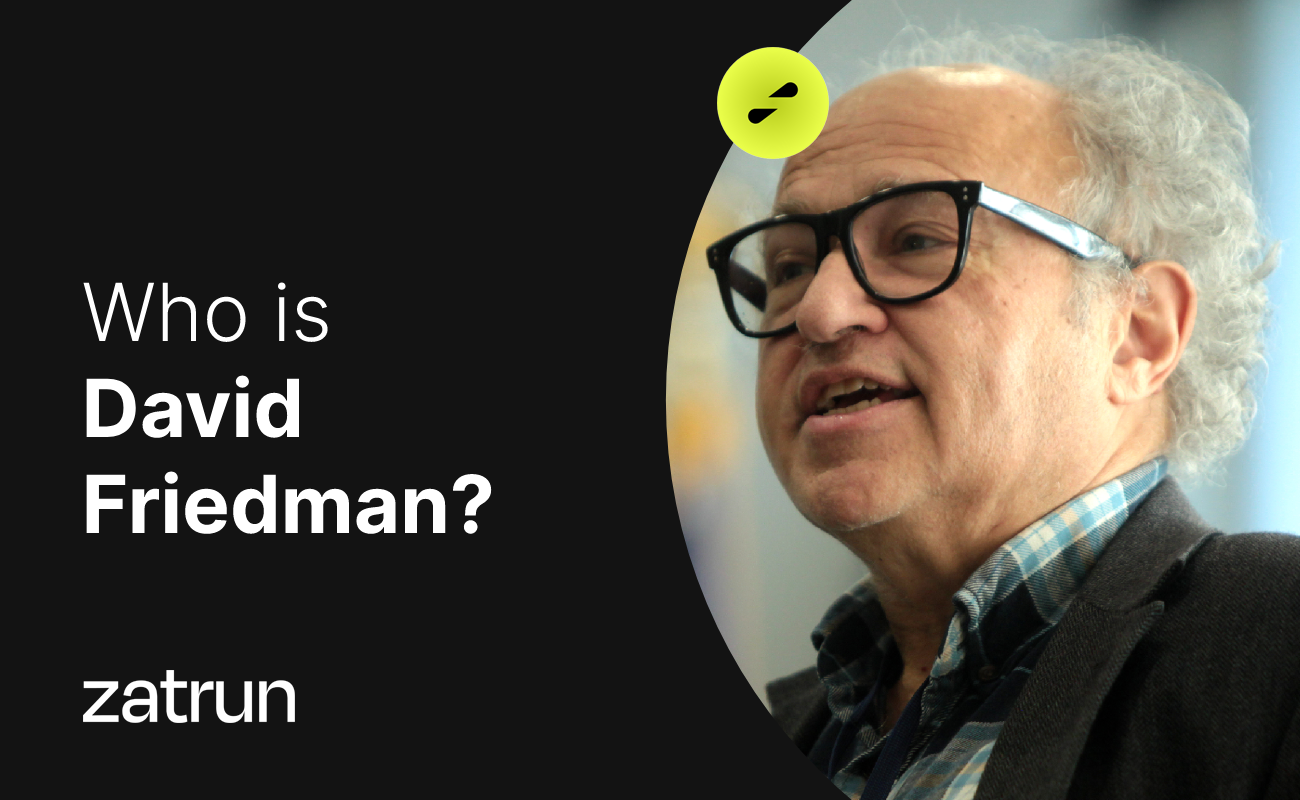Milton Friedman 101: Who is the Founder of Monetarism? in our article of Zatrun.com, we will cover in detail everything you need to know about Milton Friedman, the founder of Monetarism that our readers are curious about.
Who is Milton Friedman?
Milton Friedman (July 31, 1912 – November 16, 2006) was an American economist who was awarded the Nobel Prize in Economics in 1976 for his research on consumption analysis, monetary history and theory, and the complexity of stabilization policy.

Born to a Jewish family that had migrated from the Austro-Hungarian Empire, Milton Friedman grew up in Brooklyn, New York and spent his childhood in New Jersey. He completed his high school education in 1928 and went on to pursue a degree in mathematics at Rutgers University, graduating during the Great Depression. After graduation, he pursued a master’s degree in economics at the University of Chicago, where he was influenced by the renowned economists of the time.
Academic Career
In 1933, while studying at Columbia University, Milton Friedman returned to the University of Chicago in 1934 and worked as an assistant to Henry Schultz, who was conducting research on “demand measurement.” Due to the impact of the Great Depression, he was unable to find an academic job and worked as an economist in government administration during the Roosevelt era.
From 1941 to 1943, he worked on tax issues related to war efforts for the federal government and made significant contributions to the collection of income taxes through withholding. In 1945, he worked as a mathematical statistician at Columbia University and developed his work “Income from Independent Professional Practice” that he had prepared in 1940 into his doctoral thesis, which he submitted in 1945 and earned his doctoral degree in 1946.
Continuation of Career and Achievements
In 1946, he was appointed to teach economic theory at the University of Chicago, where he continued his academic career for 30 years. During this period, he supported the development of a group of doctrinaire economists who believed in free-market principles and strict monetary policies, and stayed away from social issues. He wrote academic monographs, books, and articles on topics such as microeconomics, macroeconomics, economic history, and public administration, and continued to write popular articles and speeches for newspapers, magazines, radio, and television, including the liberal media.

After receiving the Nobel Prize in Economics in 1976, he retired and began working at the Hoover Institution in San Francisco with his wife. He also worked for a liberal television program called the Free to Choose Network, and the books and TV programs he prepared for this company became popular. He had the opportunity to apply his economic theories in Chile, where the economic programs he prepared helped make Chile a leader among South American countries.
In 1980, he became an advisor to Republican presidential candidate Ronald Reagan and, when elected, became the chief economic advisor to the US federal government. He continued to write popular articles and give TV speeches in the 1980s and 1990s. After the fall of the Soviet system, he was recognized as a doctrinaire economist who contributed to the spread of free-market ideas. He passed away in 2006 at the age of 94.
Contributions to Economics
Milton Friedman is the founder and promoter of monetarism. In his book “The Quantity Theory of Money” in 1976, he laid out the basic principles of monetarism. Famous for his quote “There is no such thing as a free lunch,” Friedman emphasized the tight relationship between inflation and money expansion. He shook the Keynesian thinking and showed that monetary policy is effective both in expansions and contractions.
In the 1970s, when inflation began to signal danger, Friedman’s work on monetary economics became important and applicable. According to him, the reason for the crisis of the 1970s was arbitrary monetary policies, and the source of economic instability was irregular fluctuations in money supply. In the 1970s and early 1980s, monetarists influenced a large number of people with their widespread ideas.












